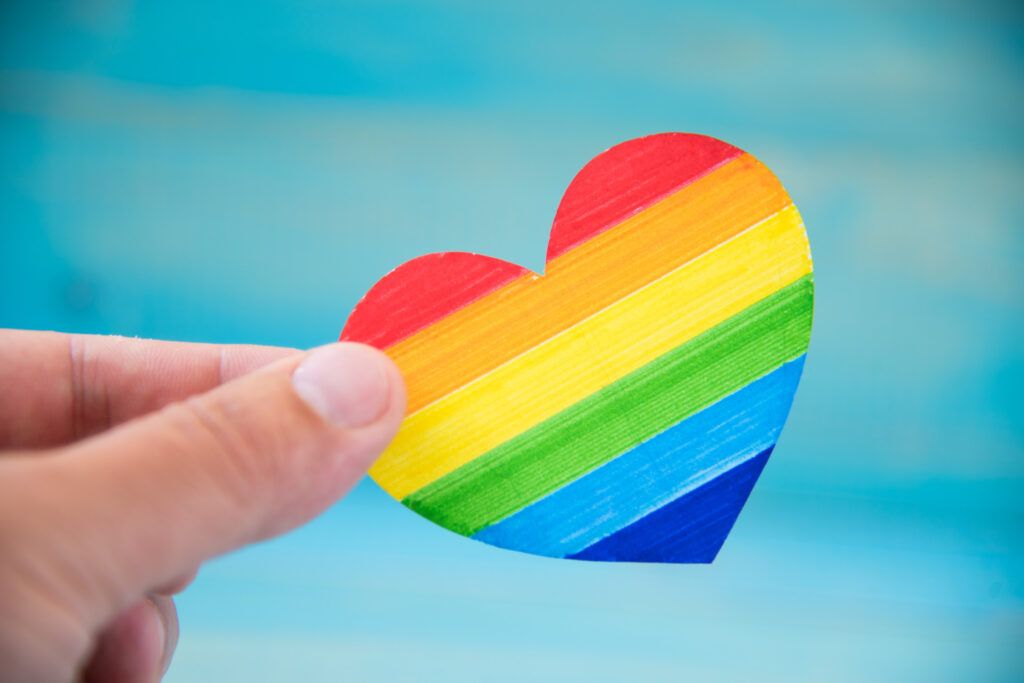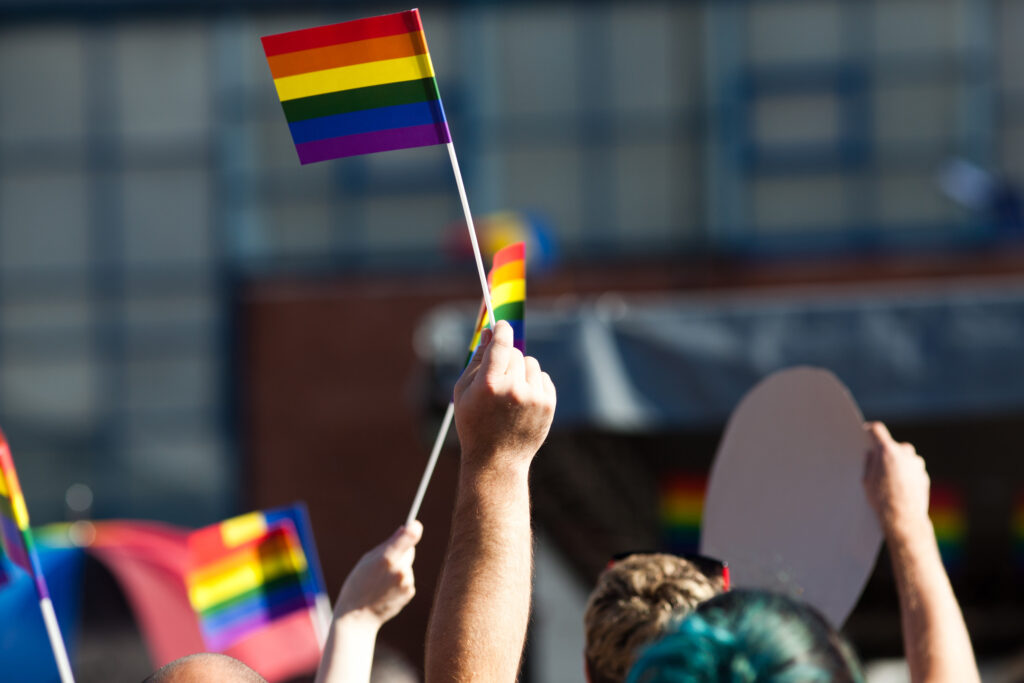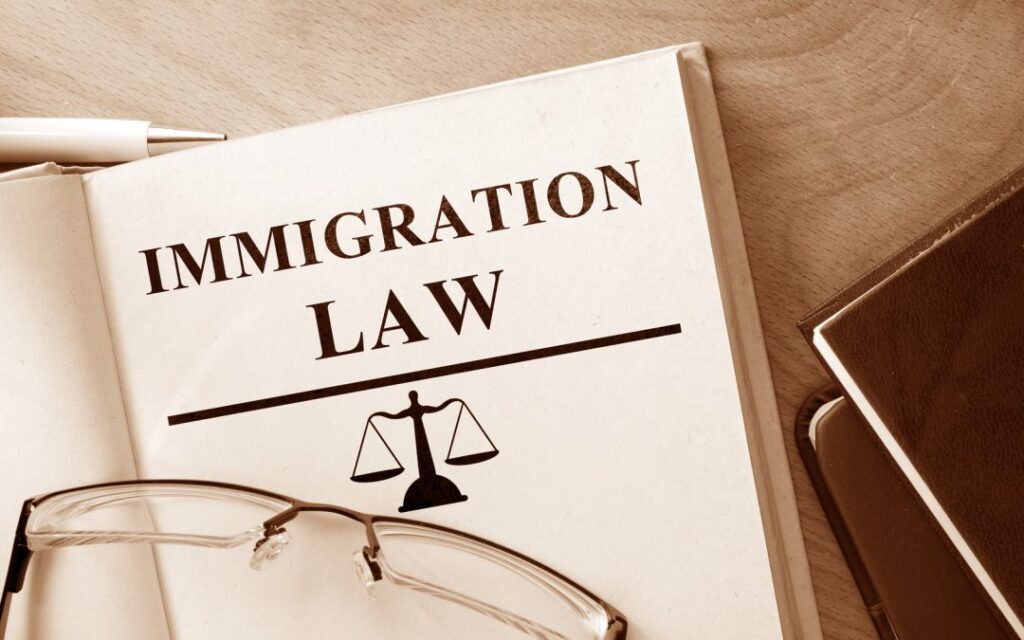Applying for asylum in the United States is already a difficult and emotional journey. For many in the LGBT community, fleeing violence, discrimination, and fear adds even more complexity. One rule that often causes confusion—and heartbreak—is the one-year filing deadline. U.S. law generally requires asylum seekers to apply within one year of arriving in the country.
But what if you missed that window? All hope is not lost. The law allows exceptions for people who had changed circumstances or faced extraordinary circumstances that made it difficult or impossible to apply on time.
At Solovyova Law Firm, we’ve helped many LGBT clients explain their situations and successfully argue for an exception. Here’s how the law works—and real stories that show how others have done it.
What Are the Exceptions?
There are two main types of exceptions to the one-year rule:
1. Changed Circumstances
These are major changes in your personal situation or in your home country that increase your fear of return, often the key to getting an exception for a missed asylum deadline or filing a late I-589 asylum application.
Example: Crackdown on LGBT Rights in Russia
Sergey came to the U.S. on a tourist visa and initially planned to return home. But within months, Russia passed new laws that intensified its persecution of LGBT people. Friends he had grown up with were harassed and detained. This sudden increase in risk allowed Sergey to apply for asylum even after one year had passed.
Example: Religious Conversion and Increased Risk
Jin, originally from China, discovered Christianity after arriving in the U.S. and began attending church. She later learned that Christians in her home province were being targeted and arrested. Because her conversion and the new danger happened after she came to the U.S., she qualified for a “changed circumstances” exception and applied for asylum late.
Example: Gender Transition and Safety Concerns
Leila, a trans woman from a conservative country, began hormone therapy while living in the U.S. After starting her transition, she feared returning home more than ever. Her family disowned her, and local news showed increased attacks on trans women. With our help, she applied for asylum based on these significant new risks.
2. Extraordinary Circumstances
These are personal or legal problems that stopped you from applying on time, even though you wanted to.
Example: Bad Legal Advice
Carlos, an openly gay man from El Salvador, trusted an attorney to file his asylum case. But the lawyer missed the deadline and never told him. Months later, Carlos found a new attorney—us—and we helped him show that the delay was not his fault. He was still able to seek asylum under the extraordinary circumstances rule.
Example: Mental Health After Trauma
Fatima, a lesbian teen from Honduras, escaped sexual violence and threats. Once in the U.S., she became withdrawn, depressed, and unable to speak about her past. A therapist diagnosed her with PTSD. When she began treatment and was emotionally ready, we helped her file for asylum, even though it had been more than a year.
Example: Delayed Court Hearing
Luis, a transgender man from Guatemala, was placed in deportation proceedings right after arriving. But the court didn’t schedule his first hearing until almost two years later. He had no chance to apply earlier. We showed that the court’s delay was outside his control, and his application was accepted.
What Is a “Reasonable Time”?
Even if you qualify for one of these exceptions, you must still act quickly once your situation changes or the problem is resolved. This is called filing within a “reasonable time.” For example, if you recover from a mental health issue or find a new attorney, you should file your asylum case as soon as you can, preferably within 6 months.
FAQ: Missed the Asylum Deadline?
Can I apply for asylum after one year in the U.S.? – Yes, if you qualify for an exception. You may still be eligible for a late asylum application due to changed circumstances or extraordinary circumstances.
What counts as changed circumstances? – New risks in your home country, gender transition, or religious conversion after arriving in the U.S.
What are extraordinary circumstances? – Situations like trauma, serious illness, or bad legal advice that prevented you from filing on time.
Do LGBTQ+ immigrants qualify for asylum? – Yes, U.S. law allows asylum for gay immigrants, lesbian, bisexual, and transgender asylum seekers who face persecution based on identity.
What should I do if I missed the deadline? – Act quickly. Speak with an immigration lawyer to see if you qualify for an exception and can still file.
Why Legal Help Matters
Every case is different, and immigration law is complex. You’ll need evidence—like medical records, expert letters, or witness statements—to prove that you qualify for an exception. At Solovyova Law Firm, we understand the fear and challenges LGBT asylum seekers face, and we are here to help you tell your story, build your case, and fight for your future.
- Read how we helped a gay man from Uzbekistan win asylum after years of silence and fear. See his success story.
Take the Next Step
If you missed the one-year deadline for asylum, let us help you file a late asylum application. Contact our experienced asylum lawyers for LGBTQ immigrants today for a confidential consultation.




